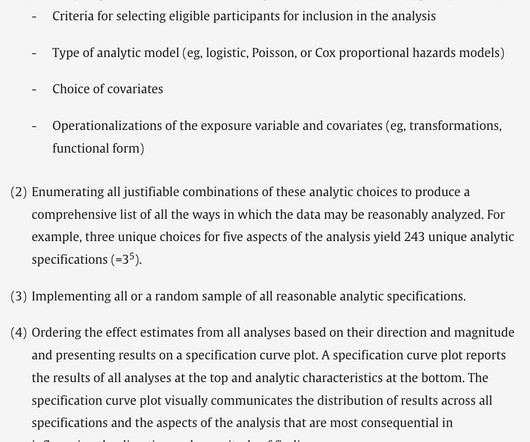Putting Clinical Gestalt to Work in the Emergency Department
ACEP Now
OCTOBER 29, 2024
Our nurse did not study Paul Ekman’s Facial Action Coding System for Action Units to code “fear” in the patient’s face. Passively, I watch another clinician’s cursory examination of a critically ill patient to determine how they deem a patient “toxic-appearing” or their bedside neurological assessment to activate a code stroke.















Let's personalize your content